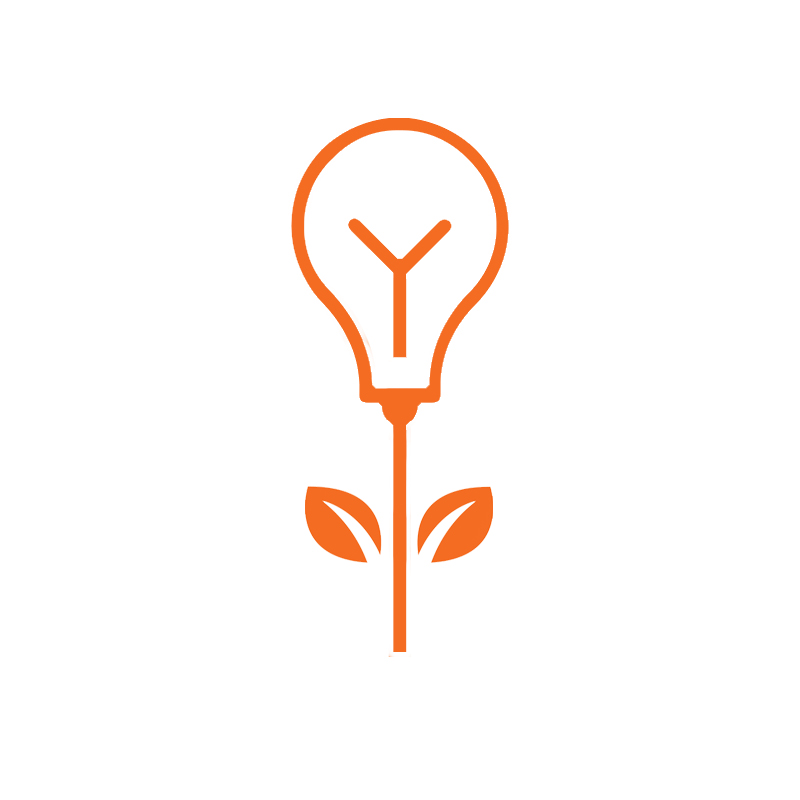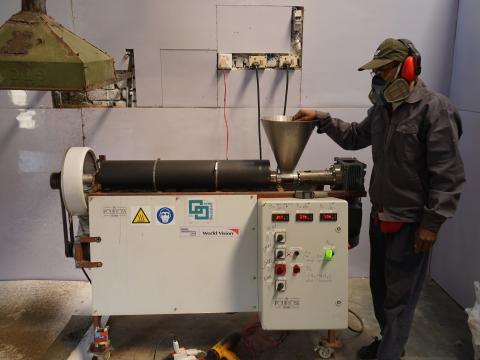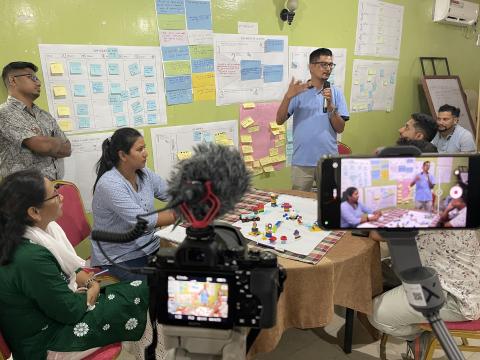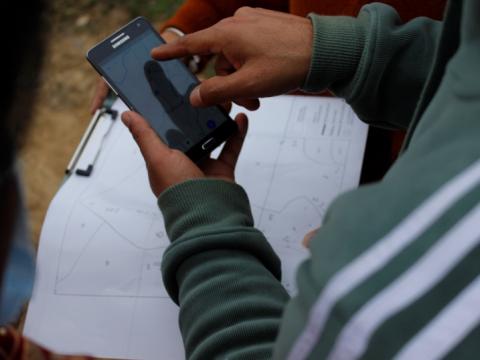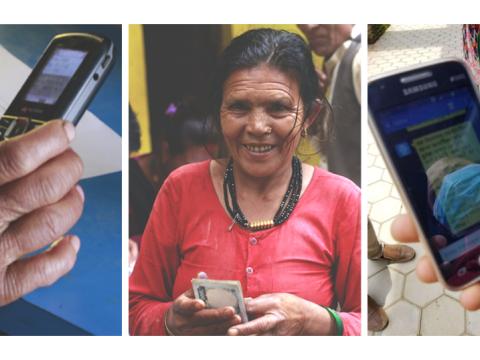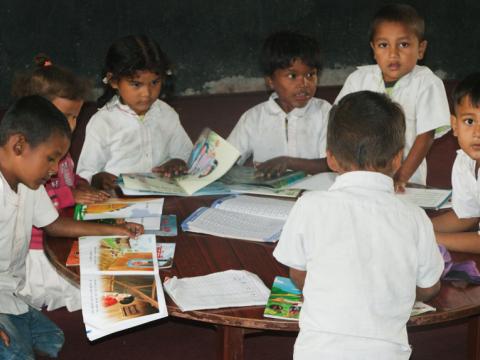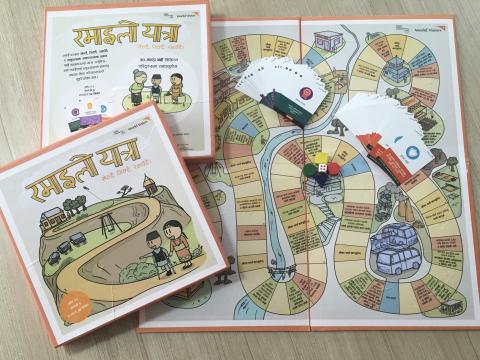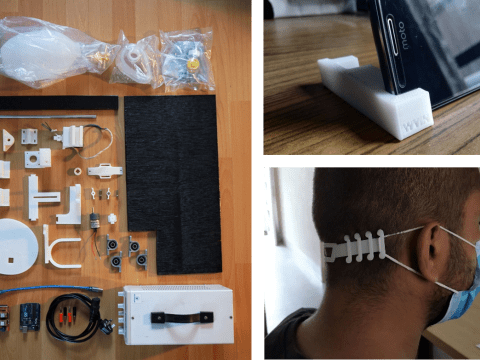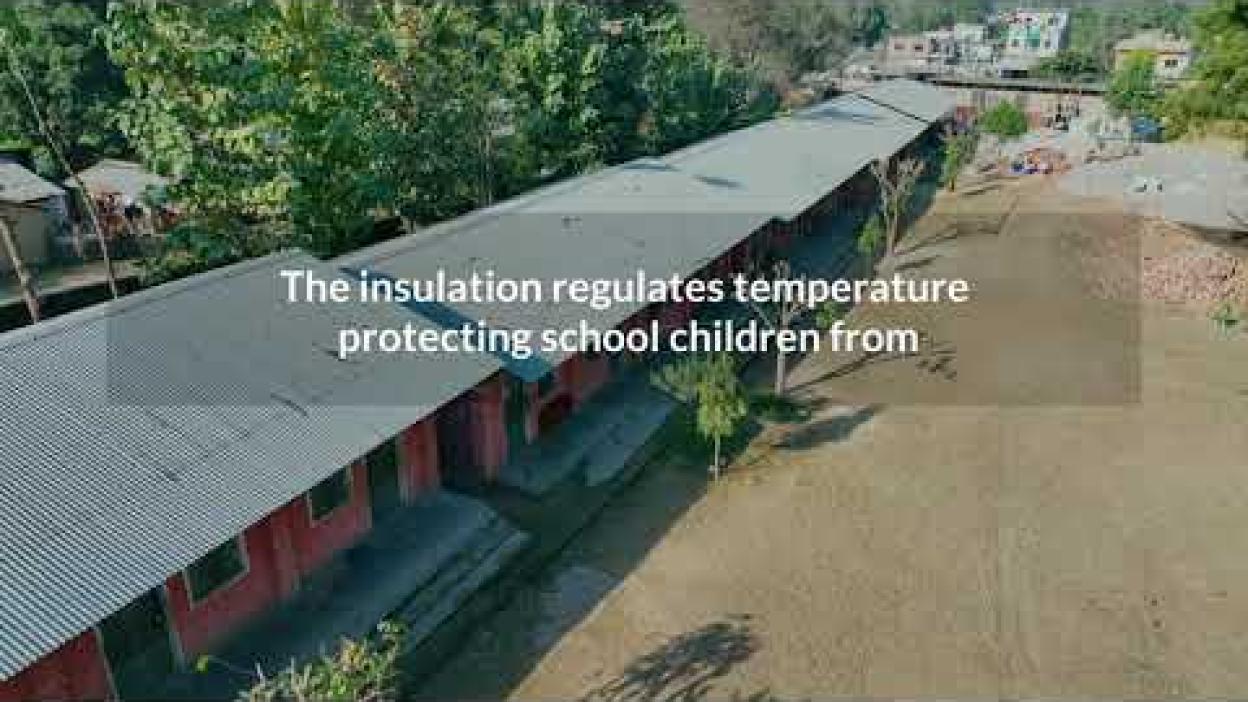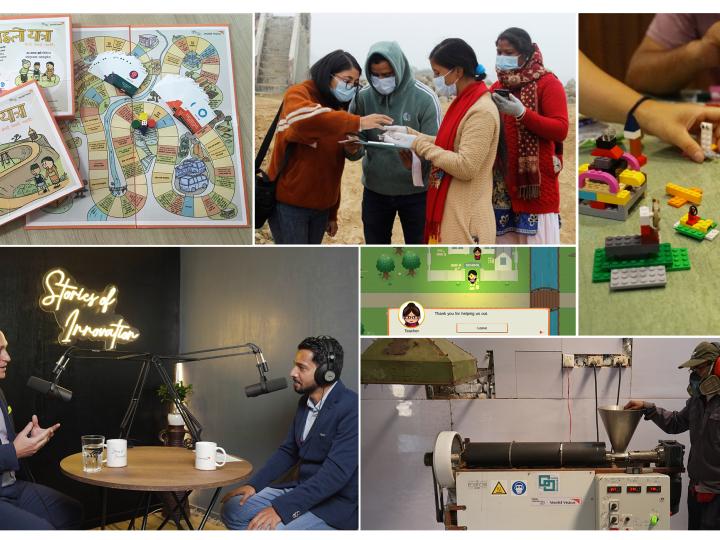
Nepal Innovation Lab
Introduction
Born during Nepal Earthquake Response 2015, the Nepal Innovation Lab (NLab) aims to bring together both traditional and non-traditional actors to define some of the most pressing problems. Being one of the first of its kind in the humanitarian world, NLab aspires to provide top-notch community driven solutions to stakeholders in Nepal and beyond.
Our Focus
Ideas Scouting
Explore and crowdsource bold ideas within and beyond World Vision. With the use of bespoke Design Thinking approaches, the NLab maps the pressing problems and facilitates in co-creating community-driven solutions.
Innovation Journey
The NLab provides technical services to broader stakeholders for designing and implementing their unique innovation journey. It starts from mapping the problem landscape together, ideating wide range of solutions, developing and testing prototypes, and building business models for piloting.
Our Products
Plastic Insulating Polyfloss for Economic Roofing (PIPER) Project
An Innovative Approach to Eco-friendly Learning Environment
